Kremlin interference: what is in the long-awaited Russia report?
UK government accused of turning ‘blind eye’ to fears of foreign interference in Brexit vote
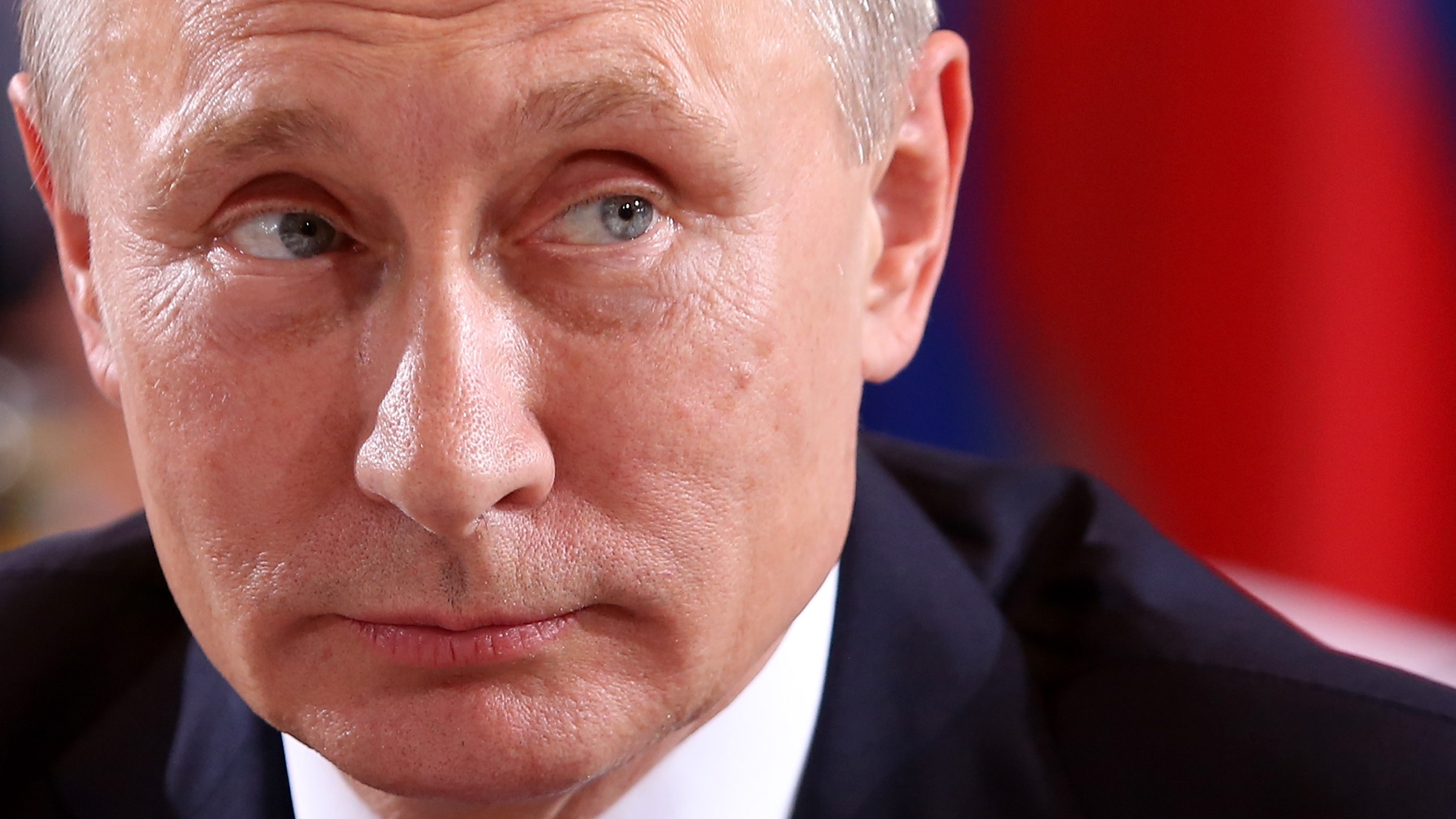
A free daily email with the biggest news stories of the day – and the best features from TheWeek.com
You are now subscribed
Your newsletter sign-up was successful
Britain’s government and intelligence agencies “actively avoided” investigating or recognising the threat of Russian interference in UK elections, an inquiry by MPs has found.
The allegation is one of a series of damning conclusions made by the Intelligence and Security Committee (ISC) in the parliamentary security watchdog’s long-awaited Russia report.
The report was finished last October but its publication was repeatedly delayed by the Conservative government for “no reason”, say the cross-party committee members.
The Week
Escape your echo chamber. Get the facts behind the news, plus analysis from multiple perspectives.

Sign up for The Week's Free Newsletters
From our morning news briefing to a weekly Good News Newsletter, get the best of The Week delivered directly to your inbox.
From our morning news briefing to a weekly Good News Newsletter, get the best of The Week delivered directly to your inbox.
What is in the report?
The ISC says that the British government and intelligence agencies made no effort to investigate Russian attempts to interfere with UK elections and democracy, and instead, as The Guardian puts it, “effectively turned a blind eye to allegations of Russian disruption”.
The government “had not seen or sought evidence of successful interference in UK democratic processes” at the time of the 2016 EU referendum, and had made no effort to do so, according to the committee, which scrutinises the work of the UK intelligence agencies.
“We have not been provided with any post-referendum assessment of Russian attempts at interference”, says the report.
A free daily email with the biggest news stories of the day – and the best features from TheWeek.com
“This situation is in stark contrast to the US handling of allegations of Russian interference in the 2016 presidential election, where an intelligence community assessment was produced within two months of the vote, with an unclassified summary being made public.”
The authors add: “Had the relevant parts of the intelligence community conducted a similar threat assessment prior to the referendum, it is inconceivable that they would not have reached the same conclusion as to Russian intent, which might then have led them to take action to protect the process.”
The ISC members reveal that when they asked MI5 for written evidence at the outset of their investigation, the security service “initially provided just six lines of text”.
So lacking was the UK government’s investigation into Kremlin interference that no definite conclusion could be reached about whether Russia had successfully interfered in the referendum vote, the report says.
Which part of government was responsible for the “hot potato” of “defending the UK’s democratic processes” was also unclear.
The report points out that the role of MI5 and the Secret Intelligence Service (SIS) is not to set their own priorities but rather to provide “secret intelligence as context” for ministers, who then factor that intelligence into their decision-making and policy setting.
Instead, central government’s Department for Culture, Media and Sport was identified by the committee as being responsible for “the broad [government] policy regarding the use of disinformation”. However, the report concludes, “It has been surprisingly difficult to establish who has responsibility for what.”
Although the ISC could not conclusively show Russia’s meddling had influenced the result of UK elections, the MPs say that Britain was “clearly a target” for the Kremlin. Indeed, they claim that Russian influence in the UK is now “the new normal”, reports the BBC.
And the reaction?
Unsurprisingly, the official UK government response to the report defends Downing Street and the UK spy agencies. The government has also rejected calls to launch a new investigation into Kremlin interference in the Brexit vote.
The 20-page response says that “we have seen no evidence of successful interference in the EU referendum”, adding that MI5 and SIS make “regular assessments” of the Russian threat. “Given this long-standing approach, a retrospective assessment” of the Brexit referendum “is not necessary”.
But not everyone is convinced. Former attorney general Dominic Grieve told Sky News that “somebody took their eye off the ball or didn’t ever put their eye on the ball in the first place”.
“Saying that’s in the past so we can forget about it is an inadequate response. I think there should be a much fuller investigation into whether Russia did interfere,” Grieve said.
Meanwhile, Labour’s shadow foreign secretary Lisa Nandy tweeted that it was “extraordinary that the prime minister took the political decision last October ahead of the General Election to block the publication of this important report that systematically goes through the threat Russia poses to the UK’s national security”.
Responding to the report, Foreign Secretary Dominic Raab tweeted: “We’ve been clear that Russia must desist from its attacks on the UK and our allies. We will be resolute in defending our country, our democracy and our values from such Hostile State Activity.”
-
 The world’s most romantic hotels
The world’s most romantic hotelsThe Week Recommends Treetop hideaways, secluded villas and a woodland cabin – perfect settings for Valentine’s Day
-
 Democrats push for ICE accountability
Democrats push for ICE accountabilityFeature U.S. citizens shot and violently detained by immigration agents testify at Capitol Hill hearing
-
 The price of sporting glory
The price of sporting gloryFeature The Milan-Cortina Winter Olympics kicked off this week. Will Italy regret playing host?
-
 Blaise Metreweli: the first female head of MI6
Blaise Metreweli: the first female head of MI6In the Spotlight The intelligence service's current technology boss – known as 'Q' – has been revealed as the new chief, or 'C'
-
 How will the MoD's new cyber command unit work?
How will the MoD's new cyber command unit work?Today's Big Question Defence secretary outlines plans to combat 'intensifying' threat of cyberattacks from hostile states such as Russia
-
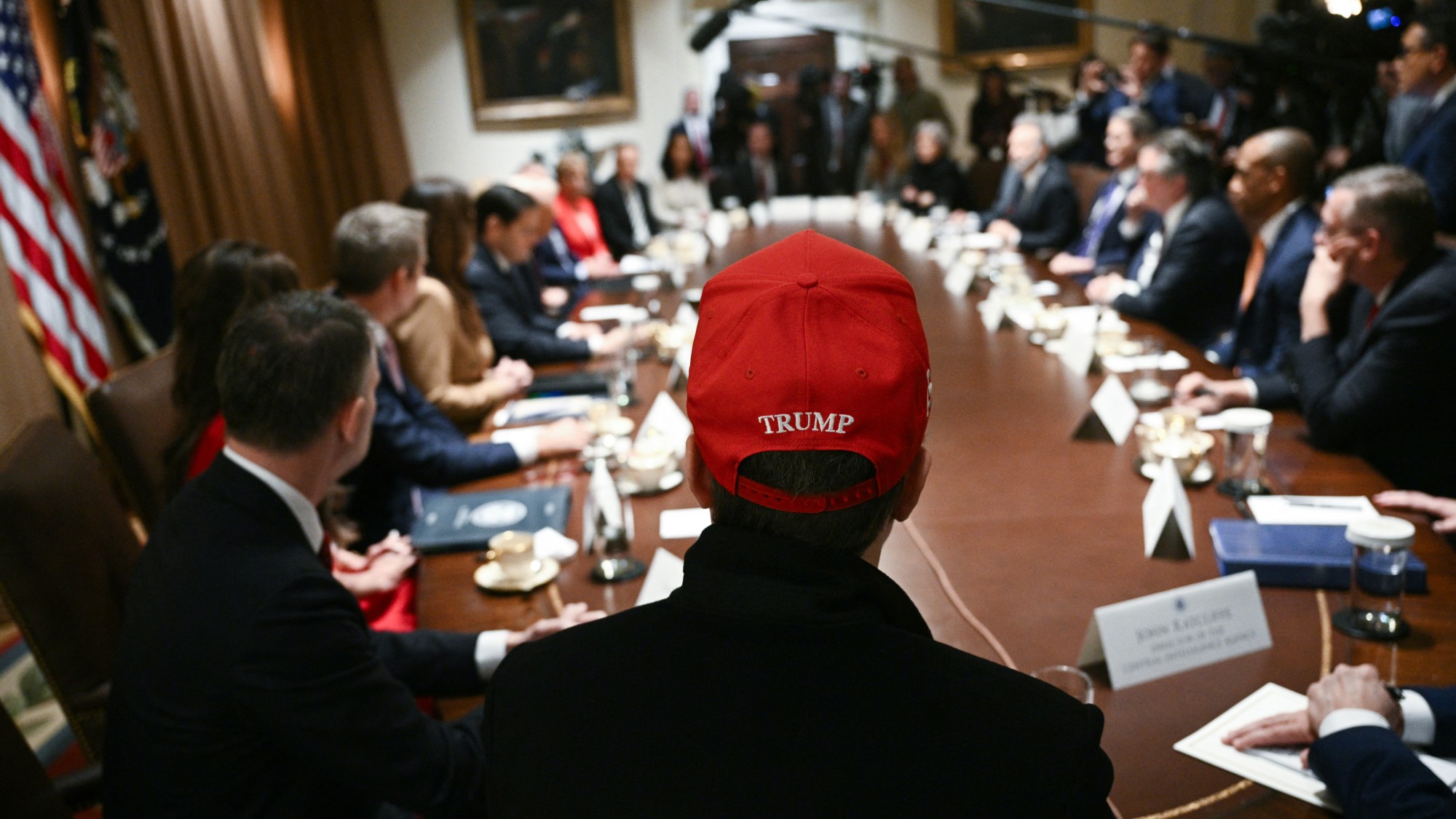 Is it safe to share state secrets with the US?
Is it safe to share state secrets with the US?Today's Big Question Accidental top-level leak stokes security concerns from America's allies
-
 Russia's spies: skulduggery in Great Yarmouth
Russia's spies: skulduggery in Great YarmouthIn the Spotlight 'Amateurish' spy ring in Norfolk seaside town exposes the decline of Russian intelligence
-
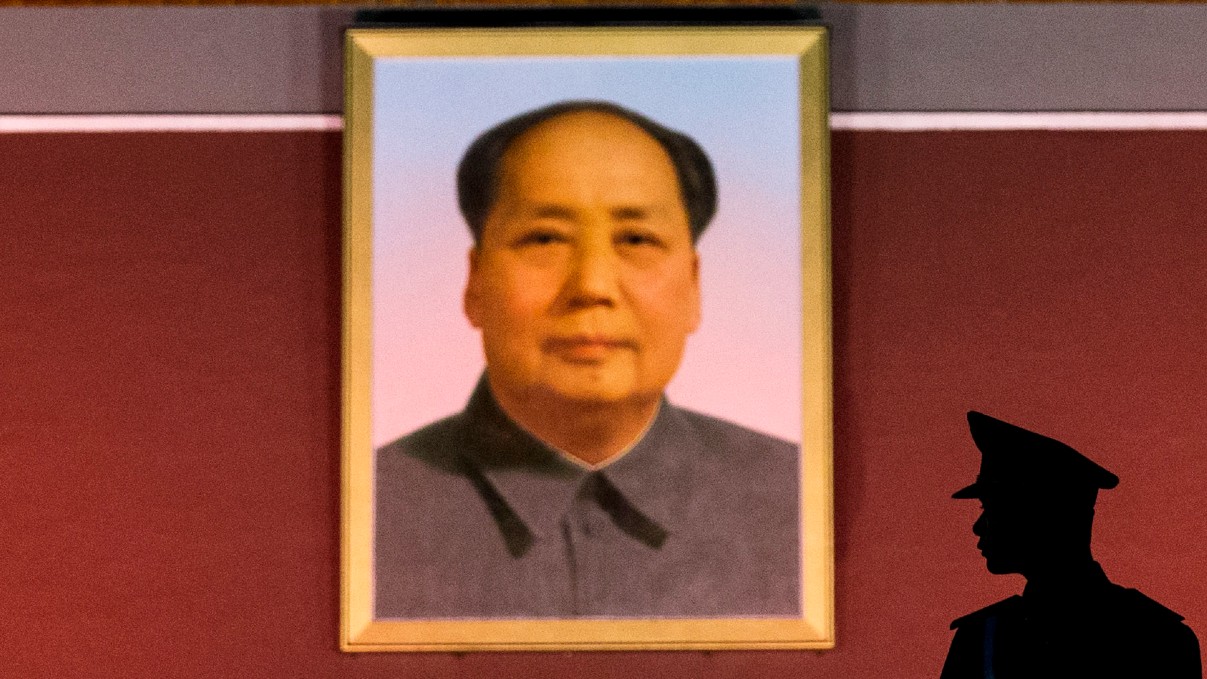 China's vast intelligence network
China's vast intelligence networkThe Explainer Cyber capabilities and old-fashioned human intelligence operate in 'fundamentally different way from those in the West—in nature, scope, and scale'
-
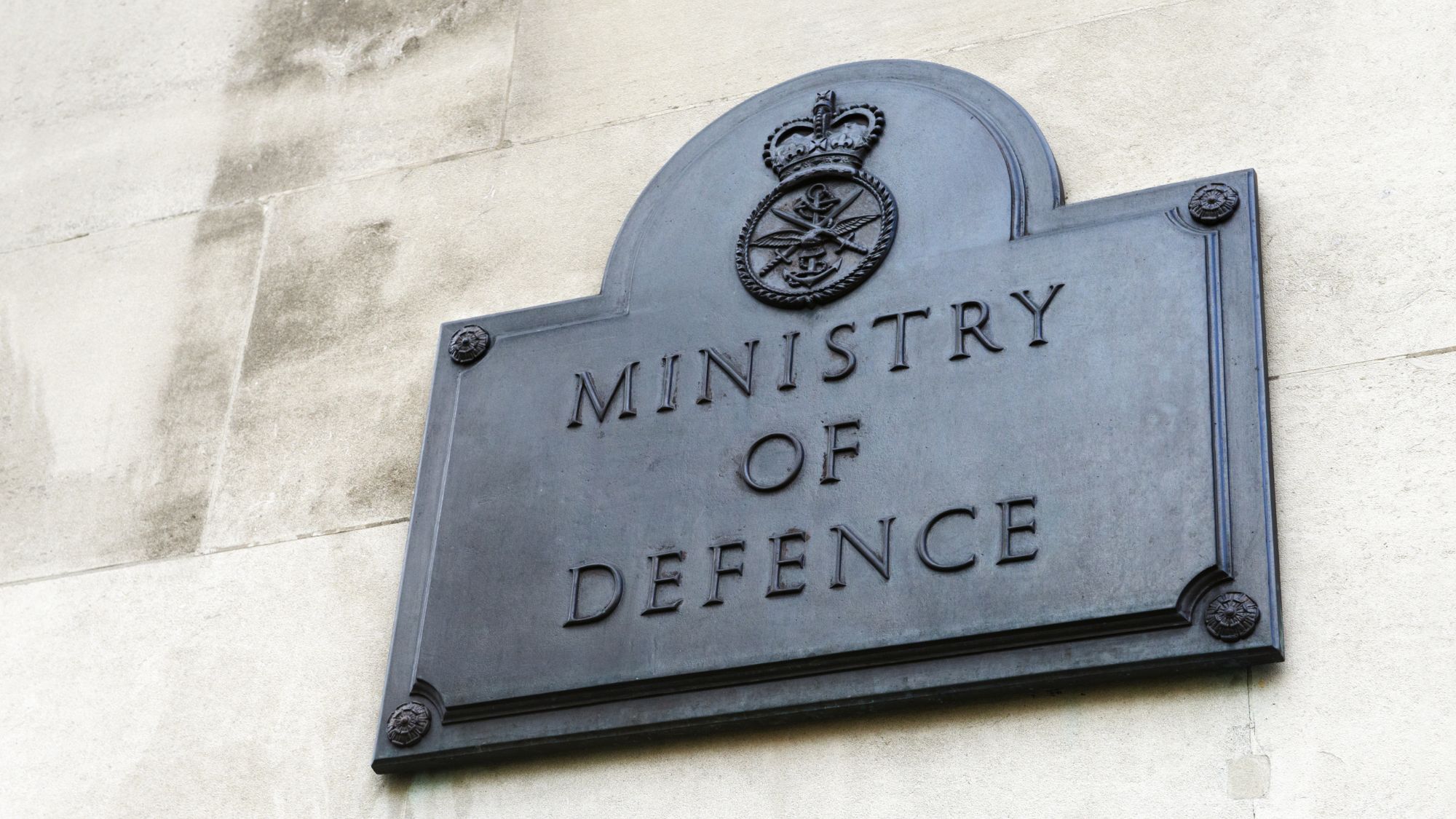 British Armed Forces personnel details 'hacked by China'
British Armed Forces personnel details 'hacked by China'Speed Read The Ministry of Defence became aware of the breach 'several days ago'
-
 Israel reportedly had actual Hamas attack plan a year before Oct. 7 assault
Israel reportedly had actual Hamas attack plan a year before Oct. 7 assaultSpeed Read Israeli officials considered the intercepted battle plan too ambitious and out of step with their view that Hamas didn't want a war with Israel, documents show
-
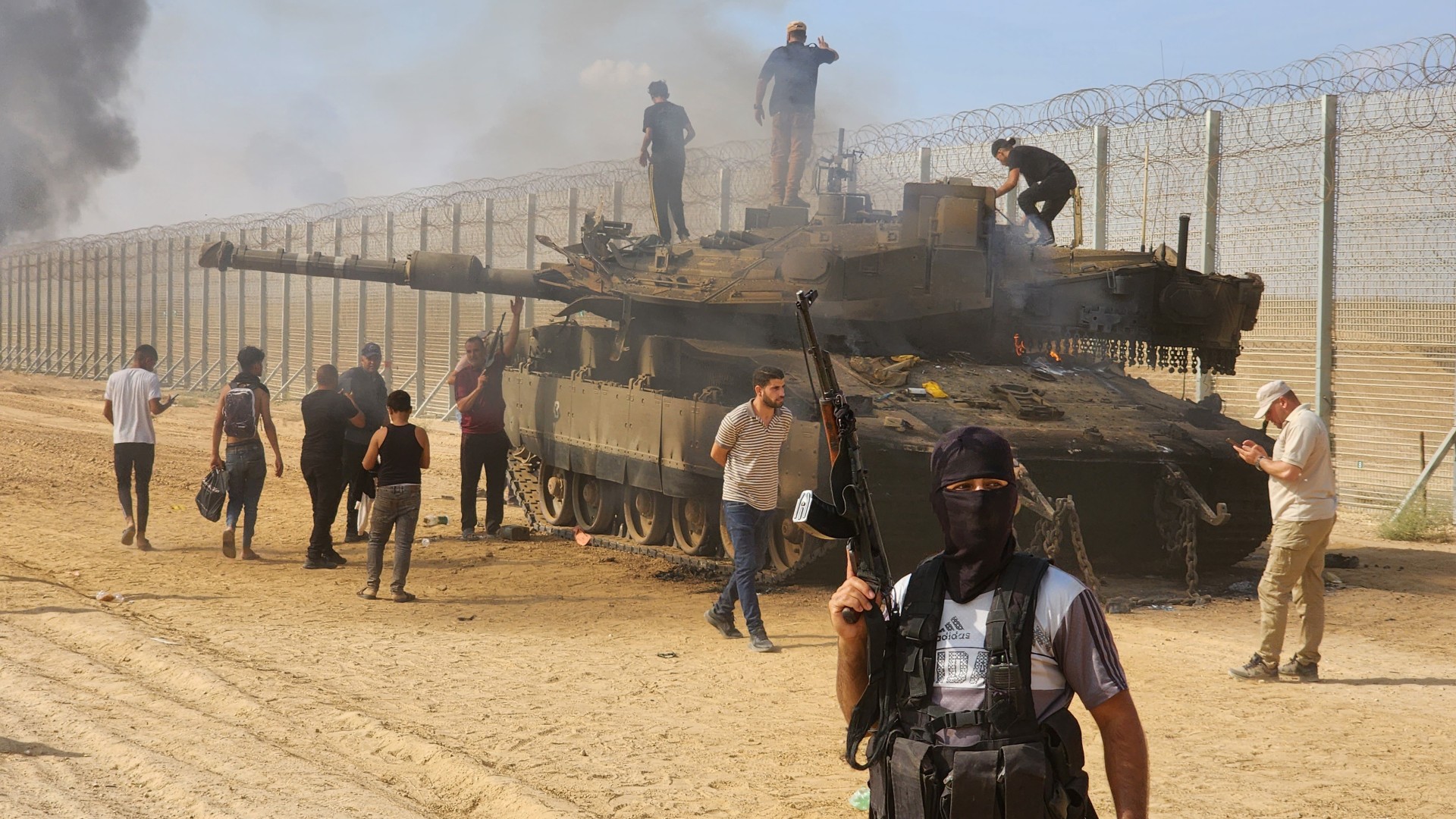 'Worst day in Israeli history': why didn't anyone see it coming?
'Worst day in Israeli history': why didn't anyone see it coming?Today's Big Question Serious intelligence failings compared to 9/11, Pearl Harbor and 1973 Yom Kippur War